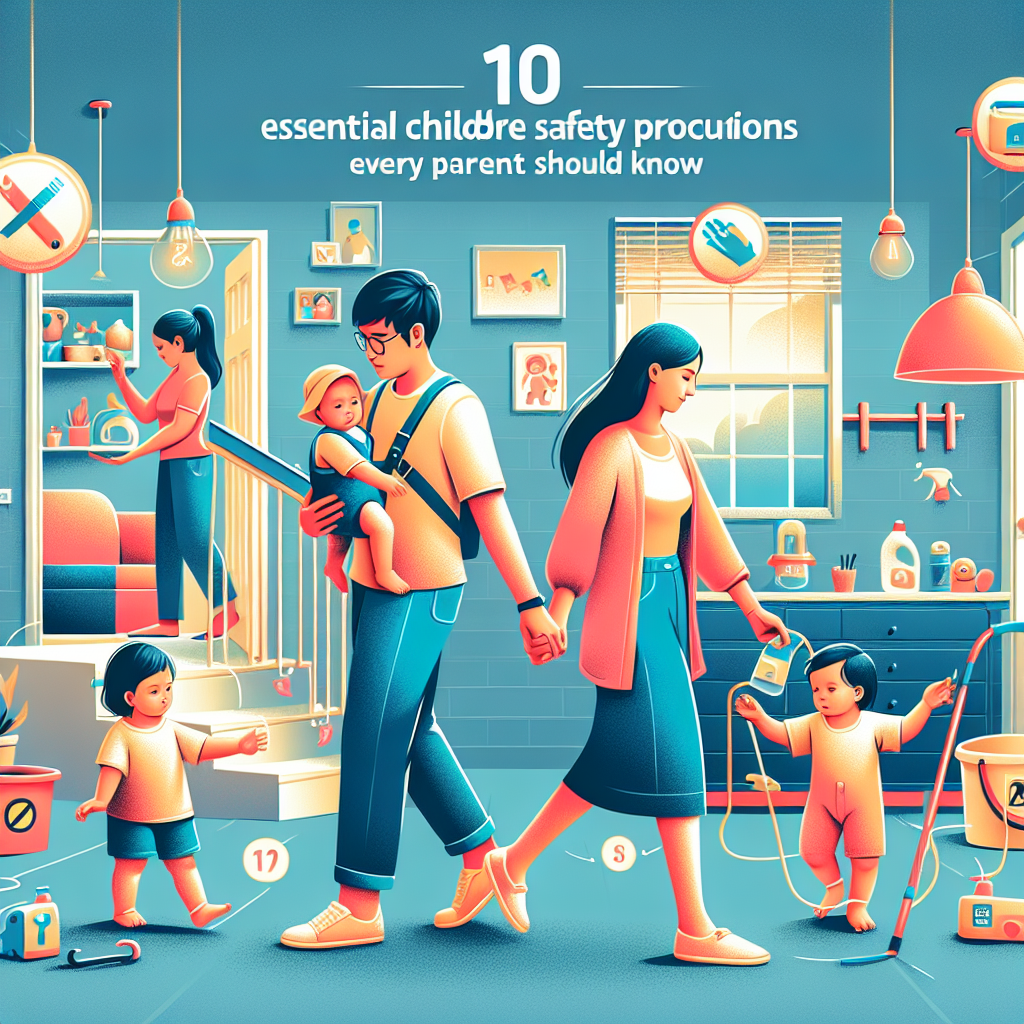1. Childproofing the Home
Ensure that all sharp objects, chemicals, and choking hazards are out of reach of children. Use safety gates to block off stairways and secure furniture to prevent tipping.
2. Safe Sleep Environment
Always place your baby on their back to sleep in a crib with a firm mattress and fitted sheet. Avoid using blankets, pillows, or stuffed animals in the crib.
3. Proper Car Seat Use
Make sure your child is buckled securely in a car seat appropriate for their age, height, and weight. Follow the manufacturer’s guidelines for installation and use.
4. Water Safety
Never leave a child unattended around water, whether it’s a bathtub, pool, or beach. Teach children how to swim and always use life jackets when boating or swimming.
5. Fire Safety
Install smoke alarms on every level of your home and develop a fire escape plan with your family. Practice fire drills regularly with your children.
6. Poison Prevention
Keep all medications, cleaning products, and toxic substances locked up and out of reach of children. Have the Poison Control Center number easily accessible.
7. Sun Protection
Apply sunscreen with at least SPF 30 to your child’s skin before going outside, and reapply every two hours. Encourage the use of hats and sunglasses for extra protection.
8. Supervise Playtime
Always supervise young children during playtime to prevent accidents. Teach them how to use playground equipment safely and set boundaries for safe play areas.
9. Stranger Danger
Teach your child about strangers and how to respond if approached by someone they don’t know. Role-play different scenarios to help them feel prepared.
10. Emergency Preparedness
Keep a first aid kit in your home and car, along with emergency contact numbers and medical information for each family member. Practice what to do in case of emergencies with your children.



